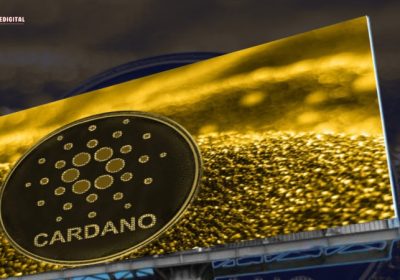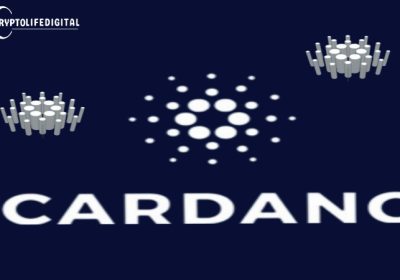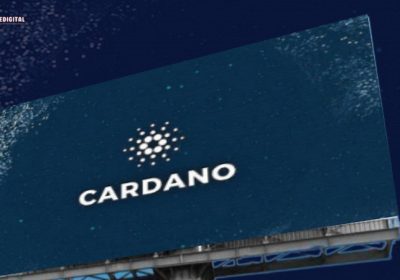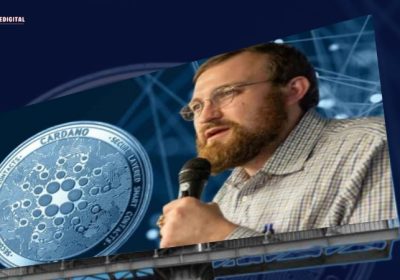Cardano Founder Reveal Plans for IOG to Develop Protocol That Will Outpace Solana’s Speed
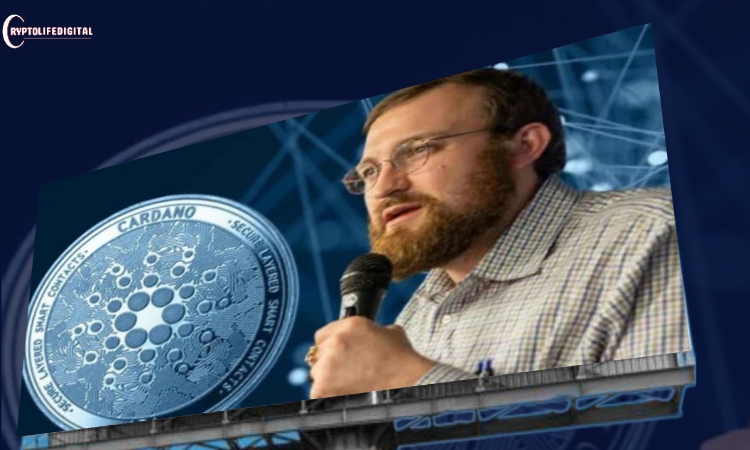
In a recent community poll administered by Rick McCracken, associated with the stake pool operator (SPO) Digital Fortress, members were presented with two proposals aimed at advancing the Cardano network through a monthly budget of 20 million ADA. The initial proposal involved constructing a Rust-based node for 11 million ADA, while the second proposal centered on implementing the Leios protocol for 12 million ADA. Out of the 1,798 participants, 56% voted in favor of the Leios proposal, while only 7% supported the Rust node option.
Cardano Founder Stance
In response to the poll, Cardano founder Charles Hoskinson underscored the potential advantages of the Leios protocol and emphasized that the Rust node would not bring significant new features to users. He articulated that the Leios protocol offers an opportunity to enhance Cardano’s transaction throughput, making it faster than Solana without compromising decentralization.
Read Also: SHIB Burn Rate Skyrockets By 3000% : Is Target $0.001 Possible?
Solana, renowned for its high-speed transaction processing, has been a formidable competitor in the industry. However, concerns have been raised about its speed coming at the expense of decentralization, a domain where Cardano aspires to maintain a competitive advantage. Additionally, Solana has encountered issues with outages.
Leios Protocol
The Ouroboros Leios protocol aims to surpass this speed threshold while upholding Cardano’s decentralization. This protocol segregates the validation of transactions from the creation of new blocks, introducing “input endorsers,” a concept that could elevate transaction speeds.
Despite the promising nature of Leios, some community members have expressed reservations regarding the timing of the protocol’s development. Hoskinson addressed these concerns by explaining that a dedicated team, led by Input Output Global (IOG), is already engaged in designing the Leios protocol. The team’s efforts will expand in Q4 2024 after concluding work on the Peras Cardano Improvement Proposal (CIP).
Regarding opportunities for community builders to participate in the Leios prototyping team, Hoskinson confirmed that third-party developers will be engaged through a request-for-proposal (RFP) process, akin to the development of the Genesis protocol with Tweag and the upcoming Peras.
Conclusion
Hoskinson affirmed that due to the complexity of the Leios protocol, its full implementation would necessitate the involvement of more than a dozen firms. Despite receiving less support in the poll, the Rust node proposal remains an integral part of Cardano’s development, as Rust is acknowledged for its speed, security, and lightweight nature.
Read Also: Ripple’s Co-Founder Chris Larsen Makes a Splash by Transferring Massive 50M XRP
Follow us on Twitter, Facebook, Telegram, and Google News

Meet Raliat: A rising star in the crypto world, blending expertise with a passion for analysis. With a knack for simplifying complex concepts, she empowers audiences to understand and navigate the blockchain landscape. Raliat’s insightful content and analytical prowess make her a trusted guide in the ever-evolving world of cryptocurrency.





